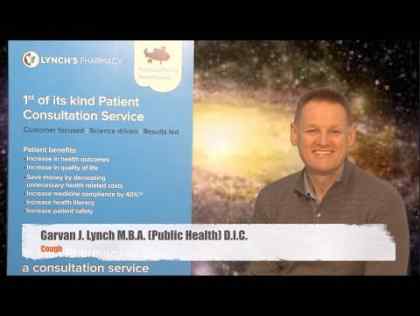The first doses of
swine flu vaccine will be available later this fall, after seasonal flu immunization begins.
Symptoms
Initially, the flu may seem like a common cold with a runny nose, sneezing and sore throat. But colds usually develop slowly, whereas the flu tends to come on suddenly. And although a cold can be a nuisance, you usually feel much worse with the flu.
Common signs and symptoms of the flu include:
-
Fever over 101 F (38 C) in adults, and often as high as 103 to 105 F (39.5 C to 40.5 C) in children
-
Chills and sweats
-
Headache
-
Dry cough
-
Muscular aches and pains, especially in your back, arms and legs
-
Fatigue and weakness
-
Nasal congestion
-
Loss of appetite
-
Diarrhoea and vomiting in children
Causes
-
Flu viruses travel through the air in droplets when someone with the infection coughs, sneezes or talks. You can inhale the droplets directly, or you can pick up the germs from an object, such as a telephone or computer keyboard, and then transfer them to your eyes, nose or mouth.
-
The flu is caused by three types (strains) of viruses — influenza A, B and C. Type A can be responsible for the deadly influenza pandemics (worldwide epidemics) that strike every 10 to 40 years. Type B can lead to smaller, more localized outbreaks. And either types A or B can cause the flu that circulates almost every winter. Type C has never been connected with a large epidemic.
-
Type C is a fairly stable virus, but types A and B are constantly changing, with new strains appearing regularly. Once you've had the flu, you develop antibodies to the strain that caused it, but those antibodies won't protect you from new strains. That's why doctors recommend getting a flu shot every year.
Risk factors
You're at increased risk of influenza or its complications if you:
-
Are an infant or young child
-
Are over age 50
-
Are a resident of a nursing home or other long term care facility
-
Have a chronic disorder, such as diabetes or heart, kidney or lung disease
-
Have a weakened immune system, such as from medications or HIV infection
-
Will be pregnant during flu season
-
Work in a health care facility where you're more likely to be exposed to the flu virus
-
Are in regular, close contact with infants or young children
Children on long-term aspirin therapy also may be at greater risk.
The flu vaccine is safe for children 6 months and older. If your child isn't at risk of the flu but lives with someone who is, you still may want to have your child vaccinated. That way, your child is less likely to infect others. The more people immunized, the less likely it is that the flu will spread through a community.
Complications
If you're young and healthy, influenza usually isn't serious. Although you may feel miserable while you have it, the flu usually goes away with no lasting effects. But high-risk children and adults may develop complications such as:
Of these, pneumococcal pneumonia, a serious bacterial infection of the lungs, is the most common and most serious. For older adults and people with a chronic illness, pneumonia can be deadly. The best protection is vaccination against both pneumococcal pneumonia and influenza.
References:
http://en.wikipedia.org/wiki/Influenza
http://www.cdc.gov/flu/
http://www.mayoclinic.com/health/influenza/DS00081
http://www.news-medical.net/health/Influenza-What-is-Influenza.aspx
http://www.who.int/influenza/en/








